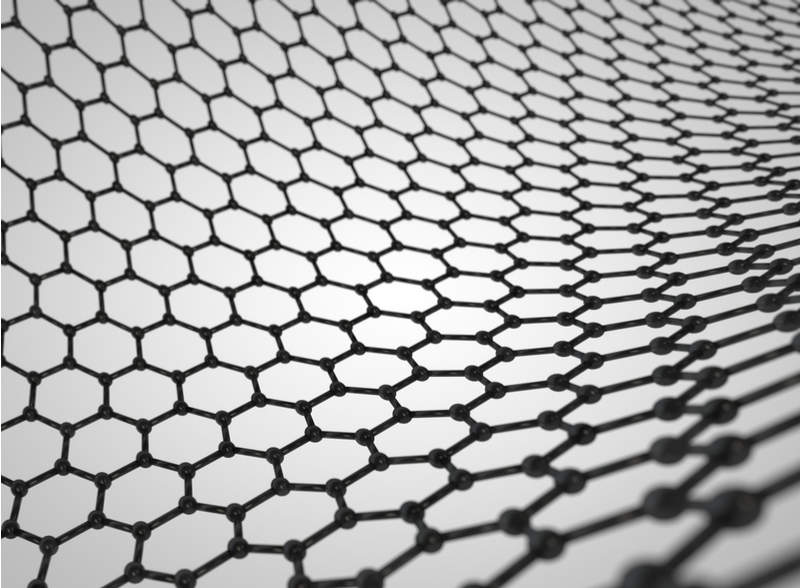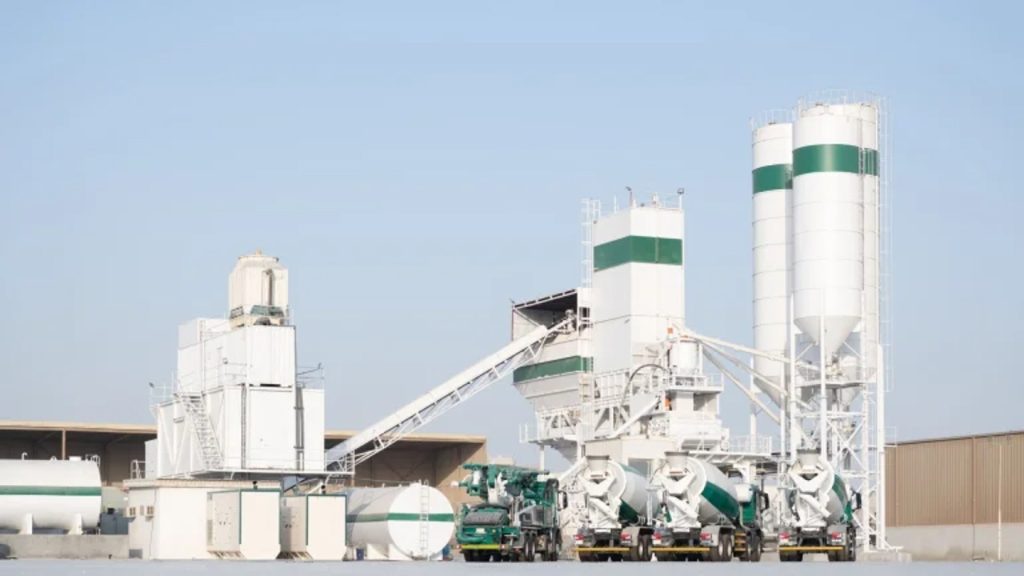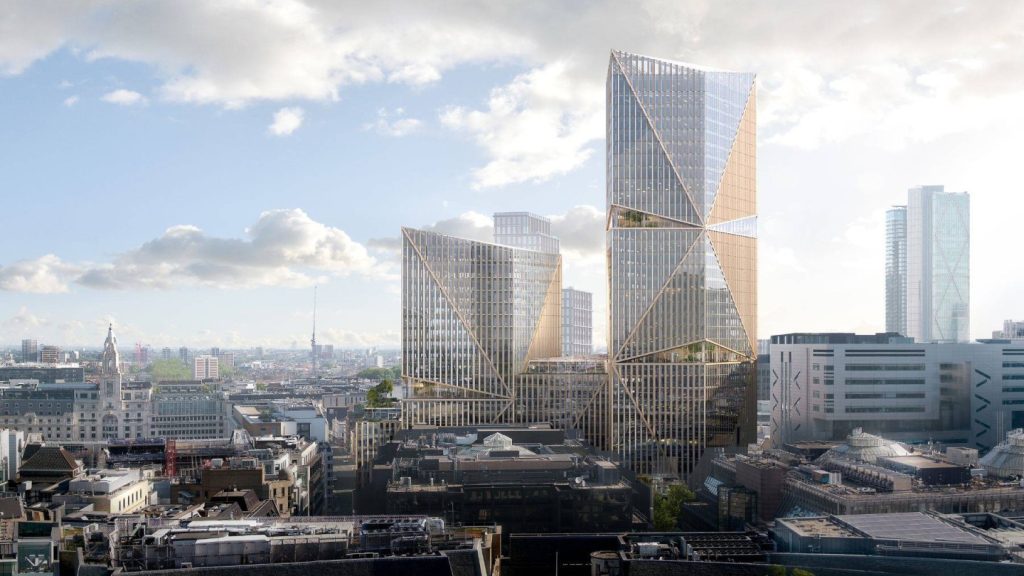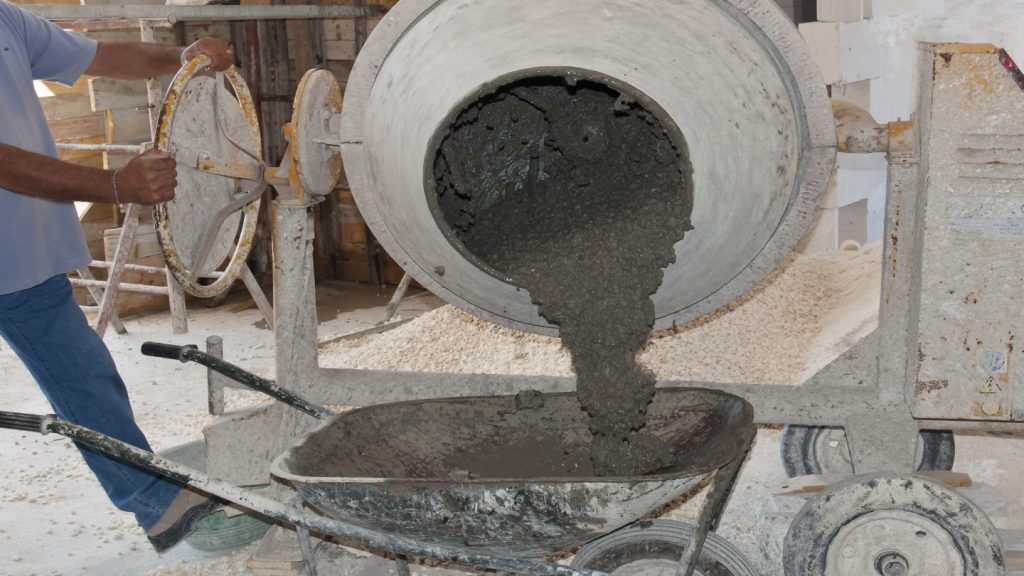
Scientists from the University of Exeter have created a new concrete that incorporates graphene in its design to make it stronger, greener and more durable than traditional concrete.
The composite material is made using nanotechnology and is more than twice as strong as, and four times more water resistant than, existing concretes.
All of the samples have been tested to British and European construction standards, which means it can be used directly by the construction industry on building sites.
In addition to its strength, the graphene-reinforced concrete is more environmentally friendly when compared with traditional concrete because it requires around 50% fewer materials. According to University of Exeter engineering professor and co-author Monica Craciun, it results in a reduction of 446kg carbon emissions per tonne of concrete.
“Our cities face a growing pressure from global challenges on pollution, sustainable urbanisation and resilience to catastrophic natural events, amongst others,” said Craciun.
“This new composite material is an absolute game-changer in terms of reinforcing traditional concrete to meets these needs. Not only is it stronger and more durable, but it is also more resistant to water, making it uniquely suitable for construction in areas which require maintenance work and are difficult to be accessed.
How well do you really know your competitors?
Access the most comprehensive Company Profiles on the market, powered by GlobalData. Save hours of research. Gain competitive edge.

Thank you!
Your download email will arrive shortly
Not ready to buy yet? Download a free sample
We are confident about the unique quality of our Company Profiles. However, we want you to make the most beneficial decision for your business, so we offer a free sample that you can download by submitting the below form
By GlobalData“This unprecedented range of functionalities and properties uncovered are an important step in encouraging a more sustainable, environmentally-friendly construction industry worldwide.”
The research team created the concrete-graphene composite by suspending atomically thin graphene in water, as opposed to previous attempts to use nanotechnology in concrete that focused on modifying the existing components of cement.
The new method produces high-yield and defect-free concrete, which is low-cost and compatible with modern, large-scale manufacturing techniques.
“This ground-breaking research is important as it can be applied to large-scale manufacturing and construction,” said University of Exeter lead author Dimitar Dimov.
“The industry has to be modernised by incorporating not only off-site manufacturing, but innovative new materials as well.
“Finding greener ways to build is a crucial step forward in reducing carbon emissions around the world and so help protect our environment as much as possible. It is the first step, but a crucial step in the right direction to make a more sustainable construction industry for the future.”
The research team believes that the new technique could lead to other nanomaterials being incorporated into concrete.
The study was published in the 23 April edition of the journal Advanced Functional Materials.







